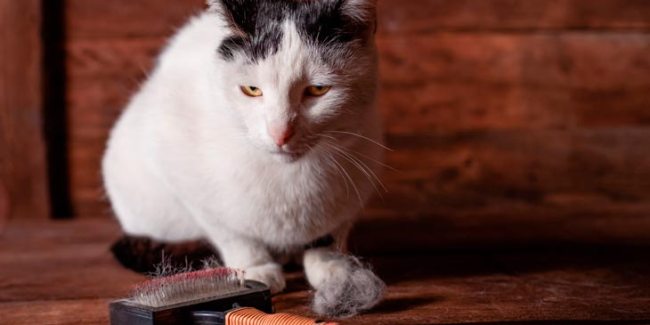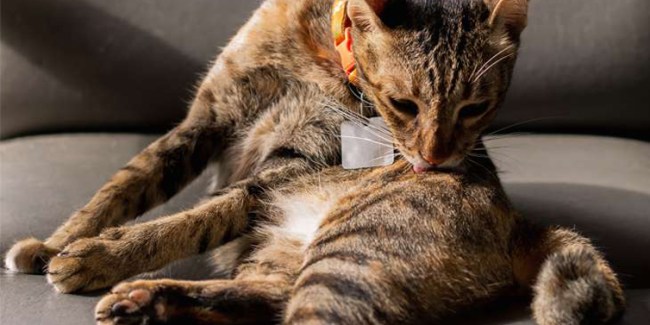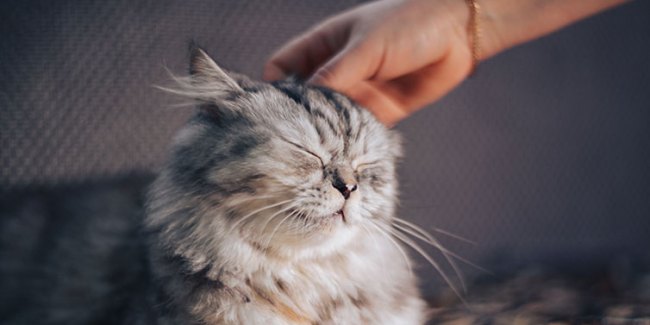A Quick Guide to Essential Cat Vaccinations
Your cat may seem like a completely independent being that’s able to take care of themselves, no problem. This, however, isn’t the case: your precious feline friend needs your help to stay healthy throughout their nine lives. To an unvaccinated cat, all diseases are threats. Read on to learn more about why cat vaccinations are important and which diseases they help prevent.
CATS
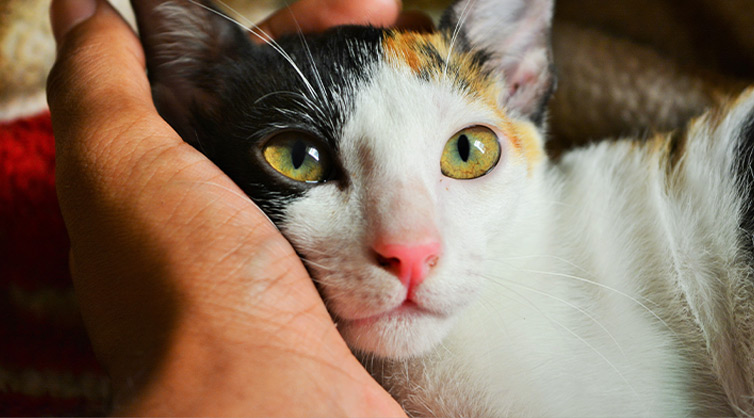
Posted by bravectosouthafrica – 19 June 2020
Help Your Cat Enjoy Their Nine Lives to the Full
As a dedicated pet owner, you want nothing but the best for your beloved fur babies. Just because cats like to act as though they don’t need anyone’s help, it doesn’t mean that’s actually the case. They need your help staying happy and healthy as can be.
Your kitty cat will benefit greatly from sticking to a vet-recommended vaccination schedule. This will help ensure your cat enjoys good health with minimal issues along the road. Without the right cat vaccinations, your feline friend runs the risk of a reduced quality of life or may even meet an early demise. You definitely don’t want that!
Bravecto® has put together a list of six serious diseases that can easily be prevented simply by keeping up with your fluffy friend’s vaccination schedule.
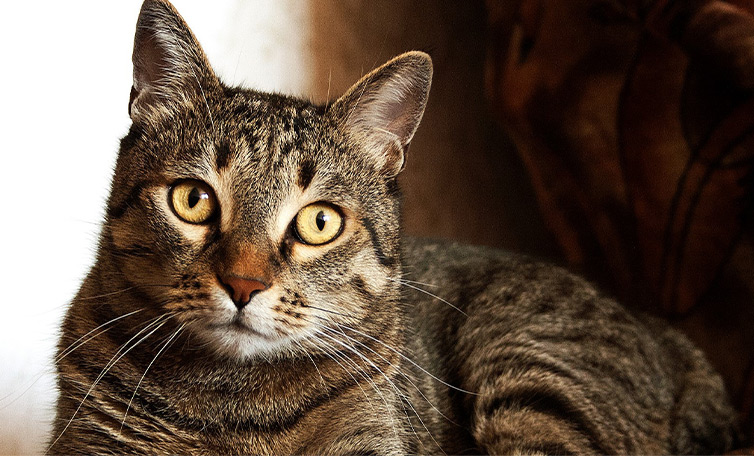
Six Serious Diseases Your Vaccinated Cat Can Avoid Contracting
The six following diseases may be serious, but they are also preventable. Your cat can reduce their risk of contracting these and many more by sticking to their cat vaccination schedule. Be sure to consult your trusted vet for a full list of vaccines your cat needs to remain in good health.
Chlamydophila
This bacterial infection is a zoonotic disease, meaning it can be transmitted from your cat to you and your other human family members. Membranes surrounding the eyes are affected and this leads to conjunctivitis. Chlamydophila can also come to affect a cat’s upper respiratory tract – i.e. their nose, sinuses and throat.
It’s important to start with kitten vaccinations ASAP, as this disease is extremely contagious. In this case, the vaccine isn’t completely able to protect your cat from infection, but it does reduce their chances of contracting it, as well as the disease’s seriousness.
Feline Calicivirus
Vaccination for this disease is crucial. It is similar to feline rhinotracheitis in that the feline calicivirus leads to upper respiratory tract infections.
There are various strains of calicivirus – some of which have visible symptoms, while others don’t. All strains, however, are spread through bodily fluids and are extremely contagious.
Feline calicivirus symptoms can range from mild to serious, depending on the strain, and include:
- Fever
- Pneumonia
- Tongue blisters
- Ulcers
Treatment is difficult and even if your cat recovers, they may still be able to infect other pets. They may also be left with chronic sneezing, serious gum disease and runny eyes.
Feline Leukaemia or FeLV
Vaccination for this disease is crucial. It is similar to feline rhinotracheitis in that the feline calicivirus leads to upper respiratory tract infections.
This type of blood cancer leads to a suppressed immune system which, in turn, can lead to an increased risk of developing:
- Anaemia
- Immune-mediated diseases
- Intestinal inflammation
- Other cancers
- Reproductive problems
Your cat may seem healthy while they carry and transmit this virus for months or even years before showing any signs or symptoms. The virus is transmitted via bodily excretions and fluids such as faeces, saliva, tears, and urine. It can and does spread with ease, making the virus a huge threat to unvaccinated cats. Feline Leukaemia may result in death.
A vaccination for the virus is highly recommended in cats who aren’t already infected – you’ll have to have your beloved feline friend tested before they can receive their FeLV vaccination.
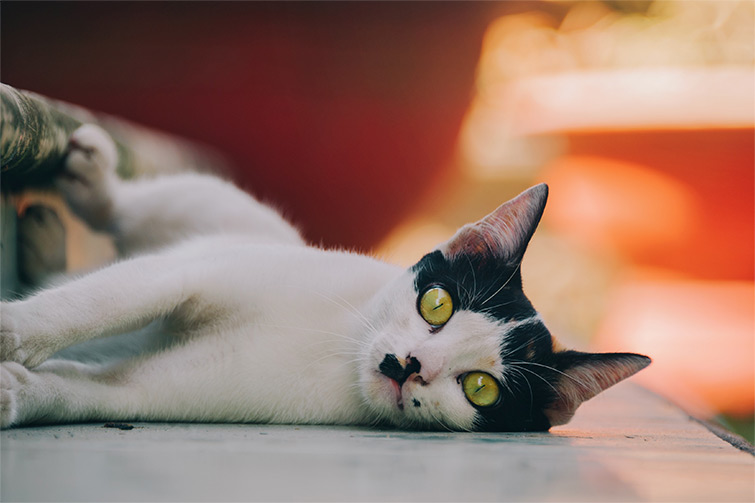
Feline Panleukopaenia or Parvo
Also referred to as feline distemper, feline panleukopaenia virus (FPV), is a member of the same family as canine parvovirus. It’s a tough virus that can survive for as long as a year in the environment. Outside of the environment, FPV can also be transmitted via infected cats’ bodily fluids. It has been found that this virus leads to abnormally low white blood cell levels.
Feline panleukopaenia symptoms can include:
- Diarrhoea
- Extreme dehydration
- Fever
- Listlessness
- Vomiting
Cats are likely to be exposed to parvo at some point during their life so FPV vaccination is considered essential – it’s the only reliable way to ensure your cat remains unaffected. Ordinarily, your cat will receive an initial vaccine that’s then followed up with a booster vaccine between 3-4 weeks after. Cat owners are then encouraged to vaccinate again annually.
Feline Viral Rhinotracheitis or Snuffles
This upper respiratory infection is caused by – and also often referred to as – feline herpesvirus type 1. Once your cat becomes infected, treatment options are limited and even if they recover, they’ll remain a carrier for life.
Feline viral rhinotracheitis symptoms include:
- Appetite loss
- Eye and nasal discharge
- Fever
- Sneezing
The virus is transferrable between cats, so it’s extremely important for you to have your cat vaccinated if they spend any time around other cats.
Rabies
It can’t be stressed enough how important vaccination is to prevent this 100% deadly disease. Cat vaccination thankfully makes it 100% preventable, as the rabies vaccine gives cats a much higher resistance to the virus if they’re ever exposed.
Rabies attacks the infected mammal’s central nervous system – humans included. It’s spread via infected animal saliva that enters the body through bite wounds or other breaks in the skin. Common carriers of the disease are bats, foxes, jackals and meerkats. The tempo at which the virus is spread through infected bats is on the rise globally, causing particular concern for urban areas.
There is no cure once the rabies virus has been transmitted. Most municipalities require cats to receive regular rabies vaccinations and proof of said vaccination is required for boarding or when travelling.
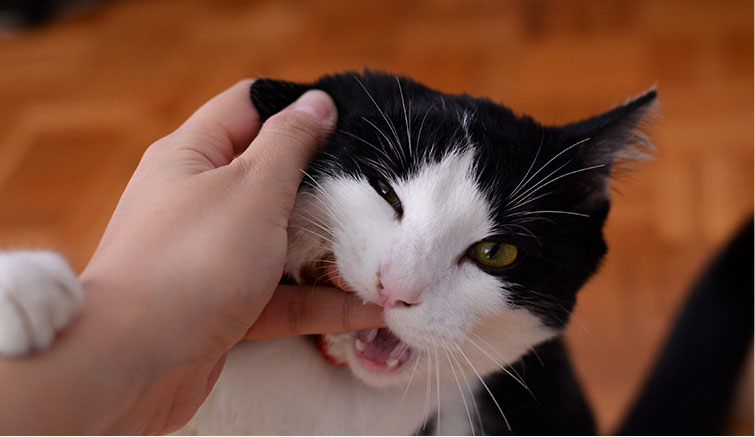
Keeping Up to Date With Your Cat’s Health Needs
Just like sticking to your cat’s vaccination schedule is important, it’s also necessary to keep up with additional treatments to ensure they remain in tip-top condition. After all, no pet owner worth their salt wants to witness their fur baby suffer.
Bravecto® is a fantastic and beneficial product to keep up to date with, just like cat vaccines. By treating your cat with a single dose of Bravecto® Spot-On for Cats, your feline friend will remain tick, flea and ear mite-free for up to 3 months!
Staying on top of your cat’s health needs allows you to look forward to their wonderful companionship for years to come.
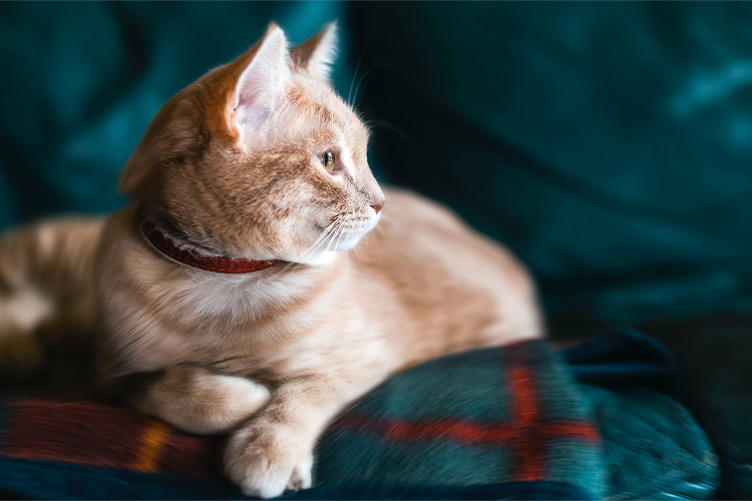
Subscribe to our Newsletter
Get to know your furry friend better! Sign up for all things dog- or cat-related.
The Hairy Facts about the dreaded hairball
12 April 2021
Help! My dog’s barking mad! Volume 2
12 April 2021
Your Itchy, Scratchy Cat – All About Cat Skin Problems
12 April 2021
The Dog’s Diet: A Bone of contention?
01 April 2021
Mango Fly Worms: How to Spot and Eliminate them
Posted on November 28,2019
Managing Mange And Mites In Your Dog
Posted on June 11,2018
Why Do Cats Purr and How? Learn What Your Cat Is Saying
Posted on October 14,2020
How to Get Rid of Ear Mites in Dogs
Posted on November 06,2019


